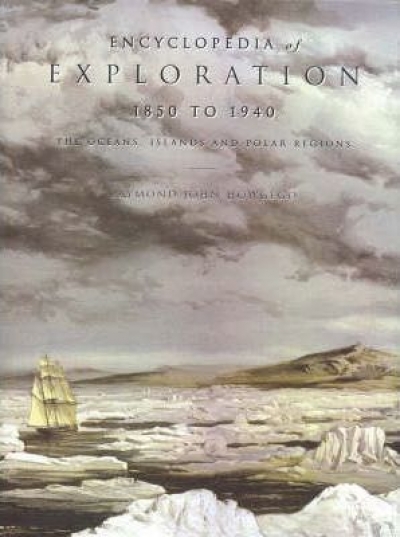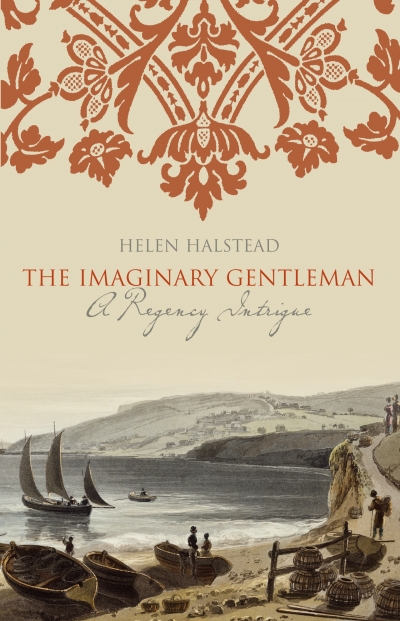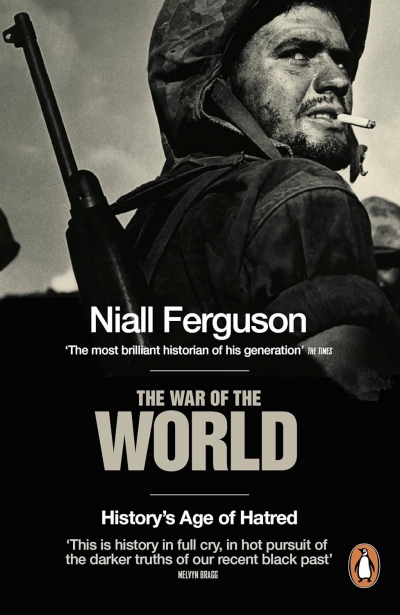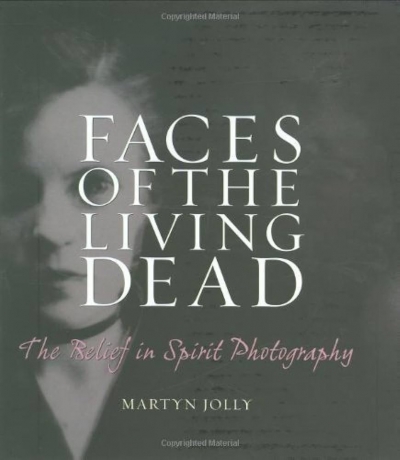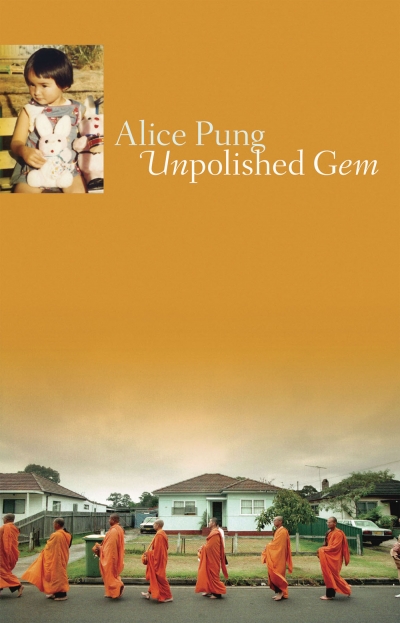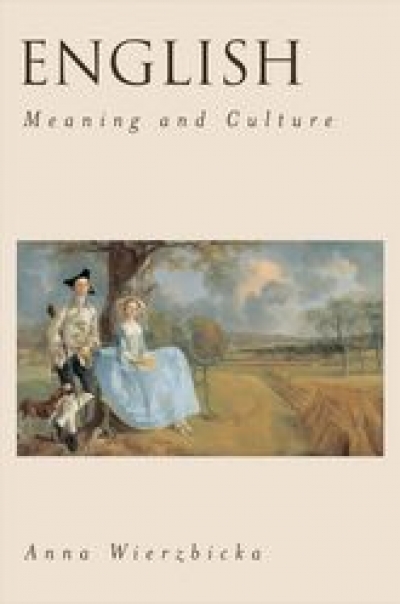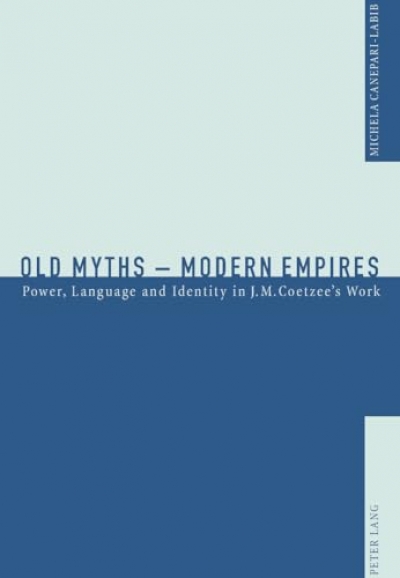Archive
Encyclopedia of Exploration, 1850–1940: The oceans, islands and polar regions by Raymond John Howgego
by Ian Morrison •
The War of the World: History’s age of hatred by Niall Ferguson
by Geoffrey Blainey •
Faces of the Living Dead: The belief in spirit photography by Martyn Jolly
by Isobel Crombie •
It is one thing for Macbeth (of whom more in a moment) to chide himself for ‘vaulting ambition’; it is not, though, the first stick we would choose to beat Australian cinema with. Now, with 2006 nearly over and everybody saying what a good year it has been for local films, I want to identify ‘ambition’ as a key element in the making of this ‘good year’.
... (read more)UTS Writers’ Anthology: Making Tracks edited by Melissa Bruce et al.
by Rebecca Starford •
Old Myths: Modern empires: power, language and identity in J.M. Coetzee’s work by Michela Canepari-Labib
by Gillian Dooley •
Blessings and praise
to the dark entanglement of caught branches
I continue to see,
after years of crossing the causeway,
as a black swan
holding her place in the current, her head
held resolute and serene,
her cygnets the shadows that advance and recede
in the eddies she makes going nowhere.
... (read more)
